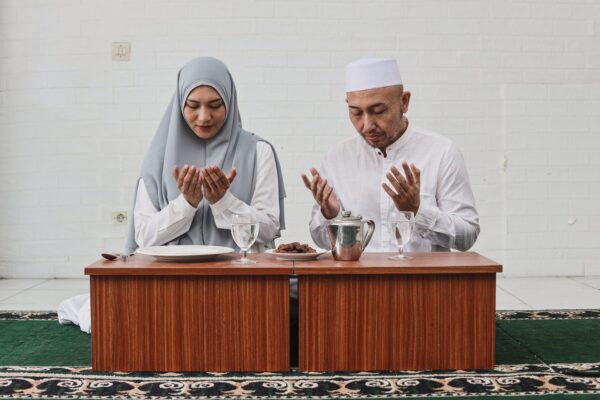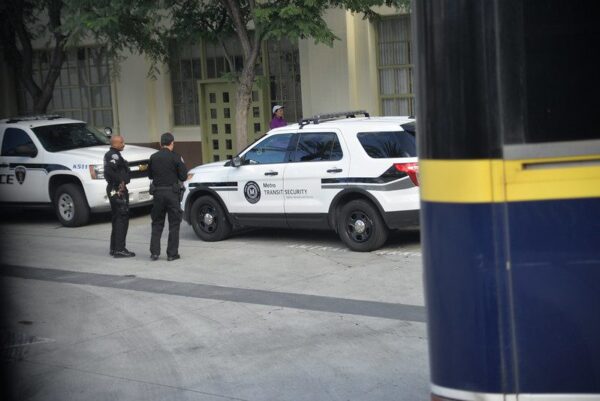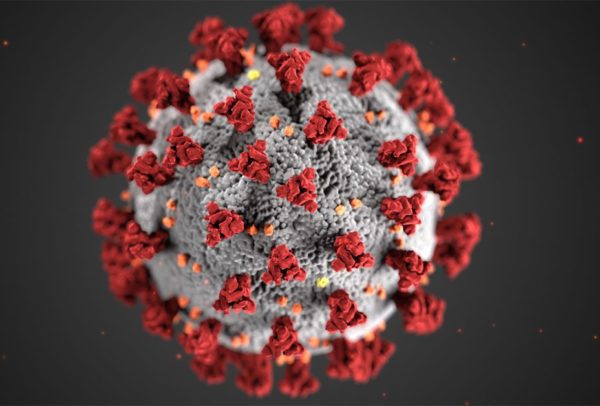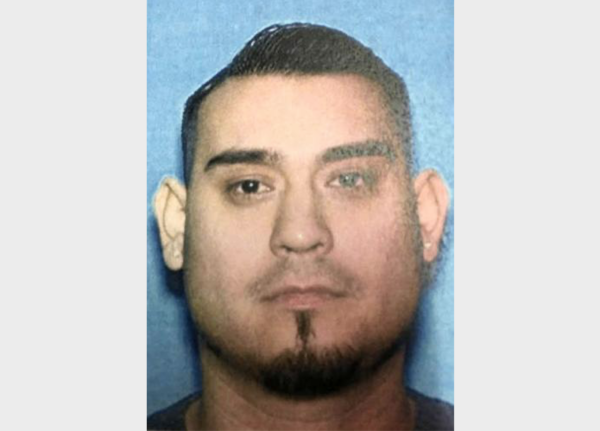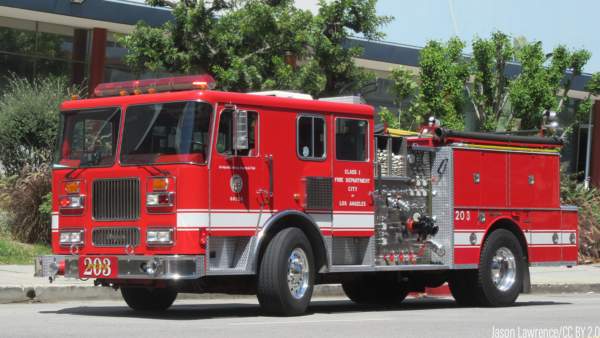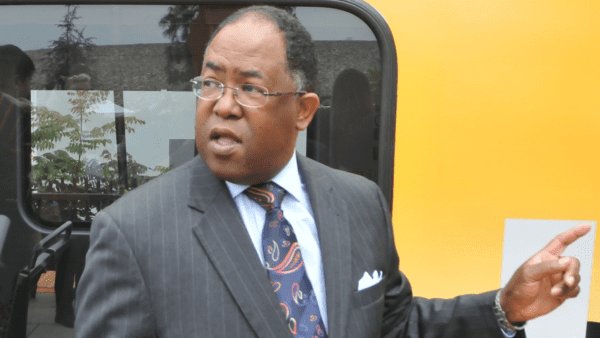Muslims will begin fasting after sunrise Thursday for the Islamic holy month of Ramadan, commemorating the first revelation of the Quran to the Prophet Muhammad.
Ramadan is the ninth month of the Islamic lunar calendar, during which Muslim adults fast from dawn until dusk, unless they are ill, pregnant, diabetic, breastfeeding or traveling.
Fasting is one of the “five pillars” of Islam, along with the declaration of faith, daily prayers, charity and pilgrimage to Mecca.
During Ramadan, which will last until sunset on or around April 20, Muslims engage in increased prayer and charity, both financially and feeding and supporting the local unhoused population.
The end of Ramadan will be marked by communal prayers called Eid ul-Fitr, the Feast of the Fast-Breaking. The date is determined by the sighting of a crescent new moon. Individuals and organizations typically host iftars, the meal eaten when breaking the fast to benefit those in need.
Some of this year’s iftars will focus on those affected by the recent earthquakes in Turkey and Syria, according to Enjy El-Kadi, the digital communications manager for the Council on American-Islamic Relations, California, the state’s largest Muslim civil liberties and advocacy organization.
Ramadan began with prayer at sundown Wednesday.
In his message on Ramadan, President Joe Biden said, “Today especially, we remember the universal human right to practice, pray, and preach our faiths peacefully and openly. And together with our partners, the United States stands in solidarity with Muslims who continue to face oppression — including Uyghurs in the People’s Republic of China, Rohingya in Burma, and other Muslim communities facing persecution around the world.”

